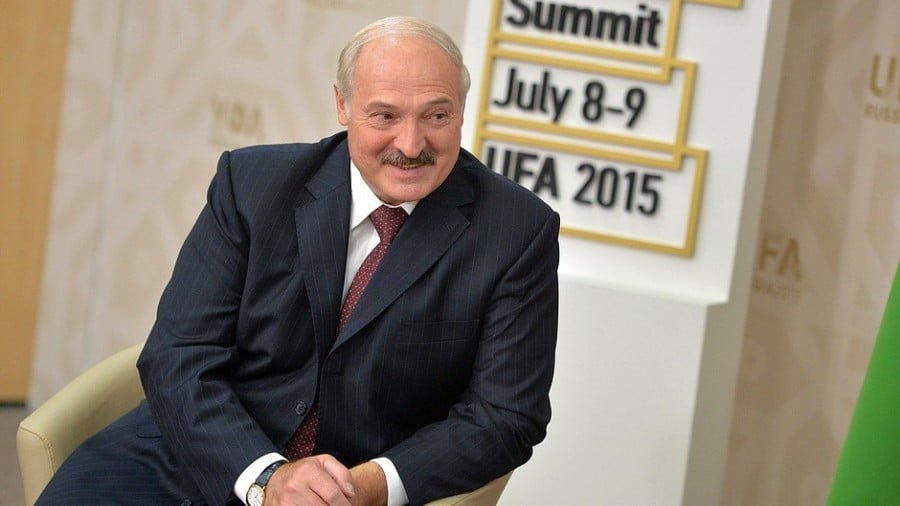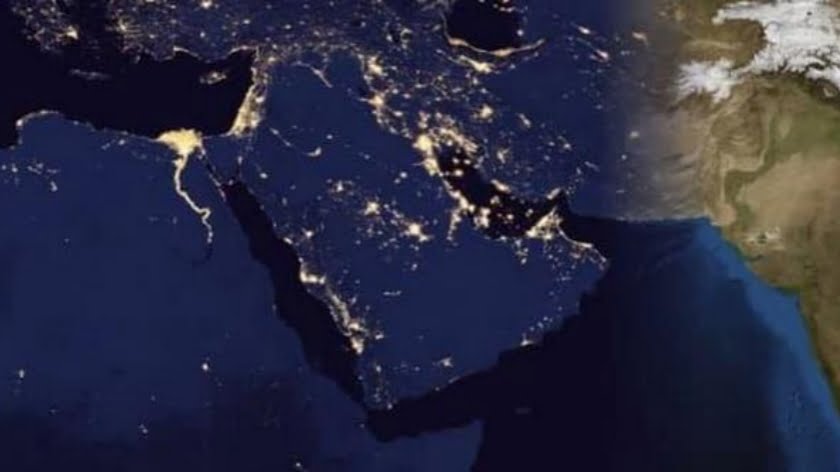On Psychopathy, Power, Empire and Ego
Listen to a reading of this article:
❖
I’ve been watching The John Wayne Gacy Tapes on Netflix, which features previously unheard recordings of the serial killer known as “The Killer Clown” who murdered at least 33 teenage boys and young men in the 1970s. I wasn’t able to finish it because I don’t have that kind of stomach, but what jumped out at me listening to him was the way he talked about how much he loved power and what an easy time he had manipulating his way up the ladders of political influence.
Really makes you think about how many psychopaths who are just a little bit more functional must be in politics today, on all levels. Psychopaths who are deeply messed up inside but not quite so messed up that they enjoy strangling teenage boys to death after raping and torturing them. Or if they are that messed up they’re clever enough to avoid getting caught. Or if they are that messed up and not clever enough to avoid getting caught, but their fetish for murder and suffering is satiated by something that’s considered politically acceptable in our society, like war.
I mean, think about it. What kind of person seeks power over others? Psychologists have been saying for years that psychopaths routinely ascend to power not just in political spheres but in business, academia and law enforcement as well. The competition-based models that shape our society tend to reward those who are willing to do whatever it takes to get to the top, and the type of person who is willing to do whatever it takes to get to the top happens to be the type of person who enjoys the power which comes from being at the top.
When all your systems inevitably reward psychopaths with power and money, you will necessarily find yourself ruled by psychopaths. That hunger for power which saw John Wayne Gacy photographed with the wife of a US president is the same hunger for power which caused him to enjoy strangling young men to death while they were handcuffed and powerless in his control.
Our lives are directly affected by the fact that psychopaths consistently both seek and attain ascension into the halls of power. But our lives are also directly affected in countless ways by the same dynamics of power which are especially manifested in the worst psychopaths.
Power is control over other people. The extent to which you control someone’s fate is the amount of power you have over them. The number of people whose lives you can exert control over, and the extent to which you can do so, is the total amount of power you have. If you are a government official, a billionaire CEO, a judge, an influential pundit, or the pastor of a giant megachurch, you will have a great deal of power. If you’re an ordinary working person, you won’t have much.
But we’ve all experienced the impulse to exert control over others in our lives, even if it’s been relatively slight. You might not seek power for its own sake or obtain gratification from holding someone’s life in your hands like Gacy did, but you’ve surely wanted to control what a loved one does or doesn’t do at some point, or wanted society to be a certain way that aligns with your ideals. Even if it’s for the noblest-looking reasons, we’ve all desired control at one point or another.
The impulse to control is so pervasive throughout our species that it plays a foundational role in the expression of our personal psychology. The emergence of the ego, the illusory sense of being a separate self in the world who stands apart from life and from the rest of humanity, is born out of the human organism’s desire to exert control over its fate in early childhood when presented with the frightening prospect of being a powerless infant surrounded by giants. Building a conceptual framework around a “me” character provides us with the reassuring sense that we can use thought and language to exert control over what happens to that character, a sense that is ultimately entirely illusory since nothing’s ever really under control in this world.
A psychopath is just an ego taken to its most toxic and destructive extreme. A desire to control which pervades every aspect of one’s personal experience.
It’s this same impulse to control which has seen the emergence of empires throughout history. The inability to just be okay with the fact that there are people in other lands doing things you can’t control is intolerable for particularly inflated egos; recorded history is largely a story of troops being sent out to conquer foreign people to bring them under control and give those inflated egos a temporary sense of security.
We see this desire for control plainly with today’s dominant empire in the Wolfowitz Doctrine, a US government policy laid out immediately after the fall of the Soviet Union that no other superpowers should be permitted to emerge who might challenge US hegemony. The goal of perpetual US unipolar domination, now simply the standard orthodox position throughout the entire western political/media class, is the ultimate expression of this desire to control as many humans as possible to the furthest extent possible. And it undergirds the dynamics behind every major international news story of our day.
Whether it’s out of fear of the barbarian hordes or fear of a rising China, every empire that has ever existed was created and maintained out of an impulse to control. Empire building is just egotism at mass scale. Varying gradations of psychopathy controlling the fate of vast numbers of people.
And now this impulse to control has our species on the brink of a nuclear war with Russia due to the US-centralized empire’s agenda to encircle the nation and topple Moscow. We are at a point where our desire for control is threatening not just our ability to live harmoniously with one another, but our very survival.
If humanity is to survive into the future and move out of its psychopathy-enabling competition-based models into a collaborative relationship with all of humankind and with its entire ecosystem, that future will necessarily come with an abandonment of our ancient impulse to control. Our impulse to control nations, to control each other, to control life itself. It will come with an abandonment of empire, an abandonment of power agendas, and an abandonment of the human ego.
Every species eventually hits a point where it must adapt to changing conditions or else go extinct. It is clear now, as we face existential threats on multiple fronts due to our destructive attempts to control each other and our ecosystem, that our own species is at such a point right now.
If there is a humanity on the other side of the existential hurdles we now face, it is a humanity that has let go of its impulse to control and has instead learned to move in harmony with what is. It’s hard to imagine from where we’re at right now, but that’s only because we’ve never seen it before. We’ve also never seen anything like our current situation, though. There’s a first time for everything. We’ll either pass this test or we won’t.







